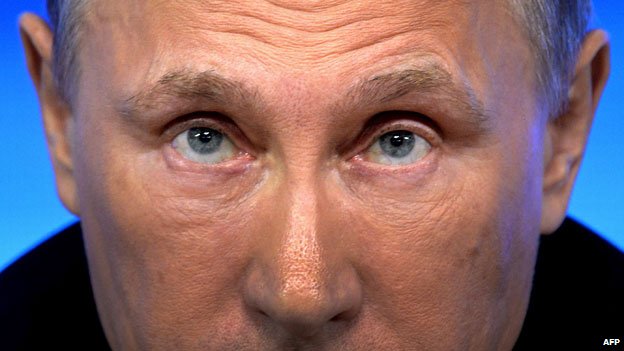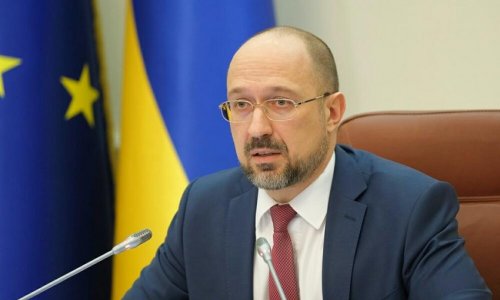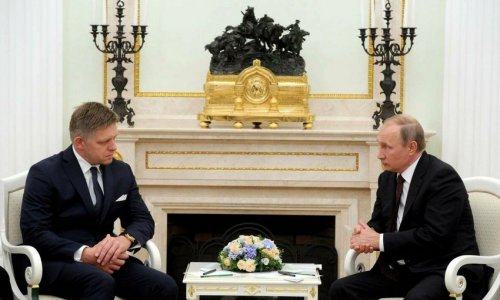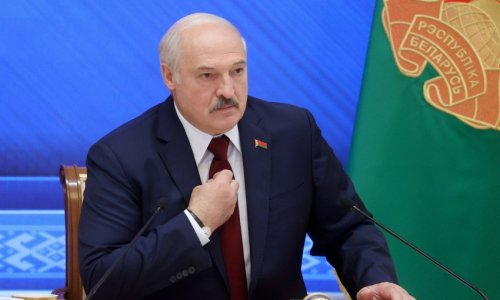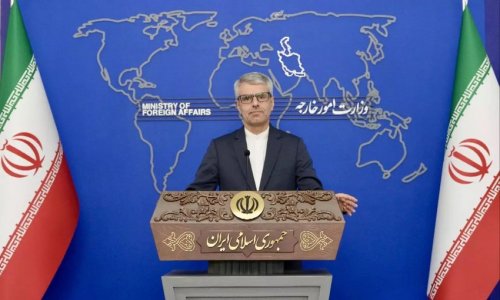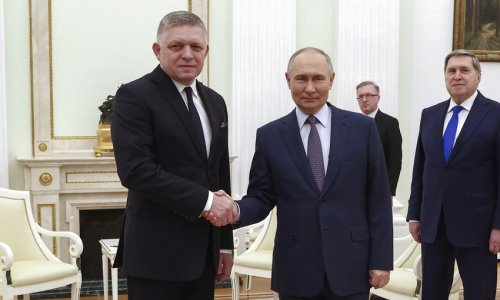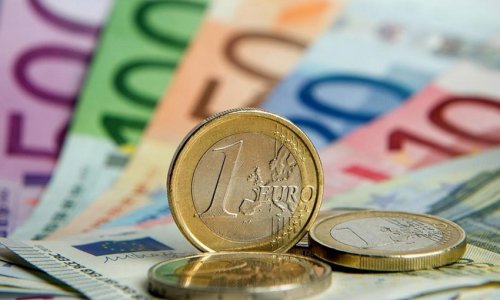Vladimir Putin accused the US and EU of conspiring to weaken Russia at his end-of-year news conference on Thursday, but as the country's economy tanks he has nobody to blame but himself, argues Russia analyst Ben Judah.
Russia blames the West. Not only for the war in Ukraine - the result, it says, of a revolution orchestrated by Western powers - but for the slump in the oil price, and the collapse of the rouble. There is talk in the Kremlin of an American-Saudi conspiracy and Nato economic warfare.
But in reality the war and the rouble crisis could have been avoided, and nowhere is this more evident than in relation to the oil-dependent economy.
The Kremlin has known, ever since the oil boom took off 10 years ago, that a political system was being built on the basis of the one thing in Russia that Vladimir Putin could not control - the price of oil. The Kremlin's own accounts estimate that sales of oil and gas accounted for 50% of Russia's federal budget revenue in 2013. And ominously, roughly half the Russian population lives off the state budget - either as state employees, pensioners or as benefit claimants.
Ben Judah
Ben Judah is the author of Fragile Empire: How Russia Fell In And Out Of Love With Vladimir Putin.
He is now writing a book about London as a global city.
This means that a collapse in the oil price threatens the fragile foundations of the current system, in which the Kremlin buys the loyalty of the majority with state handouts. The Kremlin needs the price of oil to remain high, and even to rise if it is to continue to deliver rising living standards.
Instead Russians may now have to face austerity.
"If the situation continues to develop unfavourably like this, we will have to adjust our plans, and it is certain that cuts in some areas will have to be made," Putin said at his news conference.
Russia's 2015 spending plans had assumed that oil would remain over $100. The country can only balance its budget with the oil price around that mark. The Kremlin may soon no longer have the cash to buy Russians' enthusiastic patriotism with television extravaganzas like the Sochi Olympics (price tag $50bn), or the sudden invasion and annexation of Crimea ($75bn, according to one estimate).
For the masses, the association between Vladimir Putin and rising living standards may soon be broken, while for the elite the Russian president no longer looks like a guarantor of economic stability. Within government there is talk of significant cutbacks and even mass lay-offs at state corporations like Gazprom. There is also a risk that to escape the currency crisis Russia may face a period of inflation, inflicting further wounds on ordinary people's living standards. Russia's middle classes are already facing onerous mortgage repayments, and the imported goods and foreign holidays they enjoy may become unaffordable.
At his news conference, Putin accused the West of conspiring to weaken Russia, and building a "virtual" Berlin Wall to contain it. In the Kremlin, the allegation is being made that Washington DC and Riyadh have conspired to collapse the price of oil in order to weaken Russia and Iran.
But even this would not absolve Vladimir Putin of responsibility for Russia's crisis. One of the main topics of debate in Moscow over the past decade, in both liberal and conservative circles, has been how to build a new economy able to withstand wild oscillations in the price of oil. The vulnerability of the rouble was well understood - there is consensus among the political elite that as long as more than 60% of Russia's export revenue continues to be drawn from oil, the currency will never be treated by markets as more than "paper oil".
There were reports from the intelligence services and from liberal think-tanks such as the Institute of Contemporary Development (INSOR) warning that an oil-dependent economy was hostage to Western financial markets and to possible manipulation.
(BBC)
ANN.Az
Follow us !

